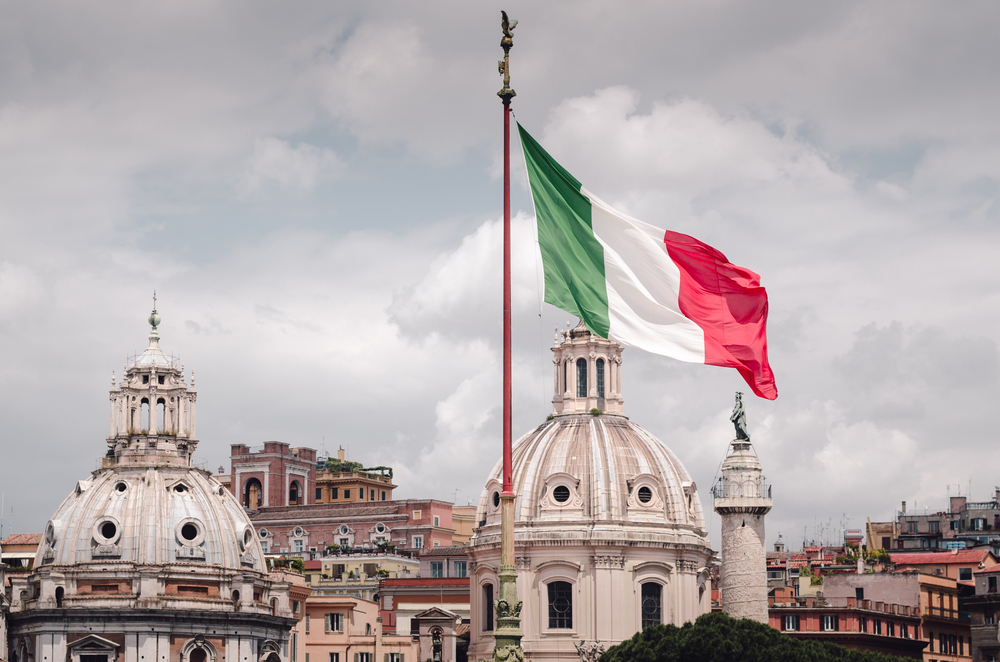Italian authorities have published a draft law proposal seeking to cut the number of online gambling licences in the country by two-thirds, prompting a critical response by the European Gaming & Betting Association (EGBA).
If the plans were to go ahead, the number of operators permitted to actively conduct business in Italy would fall to 40, whilst the licencing fee would increase to €2.5 million by 2023.
However, EGBA has criticised the authorities for continuing to work on the legislation despite it initially only being a draft measure attached to Italy’s ‘2020 Budget Law‘, having initially been proposed by the former 5Star-DP coalition government.
In its response, the Brussels-based trade association asserted that the Italian government must ensure that its business mandate is compliant with EU laws on fair competition standards by notifying and disclosing its draft proposal to the European Commission (EC).
The organisation stated: “The tender proposal would reduce the country’s current limit of 120 online gambling licensees to 40, a significant reduction by two thirds, and seeks to increase licensing fees to at least €2.5 million, 10 times larger than the country’s previous licensing fees.”
Following the overhaul of Italy’s Customs and Monopolies Agency (ADM), the regulatory agency governing Italian gambling, the original proposal put forward by the 5Star-DP coalition was sanctioned.
The ADM had been ordered to put forward a series of comprehensive reforms across gambling’s land-based and online sector, beginning with the restructuring Italian gambling’s licensing frameworks.
In its assessment of the proposal, the EGBA has underlined a number of conflicting areas such as licensing fees being determined ‘through an auction process rather than through a fixed licensing fee’ – as the common practice of EU member states.
EGBA further stated that the proposed reduction would lead to a weakened viability of Italy’s gambling market, which would be exposed to black-market threats as players move to unlicensed operators.
“We have asked the Italian authorities to duly notify the draft legislation to the European Commission. Notification is required by European law, and failure to do so will render the law inapplicable to Italian-licensed companies and its citizens,” said Maarten Haijer, EGBA Secretary-General.
“The Commission’s careful scrutiny of this proposal is needed, also to make sure that the draft legislation will not be contrary to the consumer protection objectives of the Italian online gambling legislation.”
In its assessment of the proposal, EGBA has underlined a number of conflicting areas such as licensing fees being determined ‘through an auction process rather than through a fixed licensing fee’ – as the common practice of EU member states.
The EGBA further cites that the proposed reduction would lead to a weakened viability of Italy’s gambling market, which would be exposed to black-market threats as players move to unlicensed operators




















